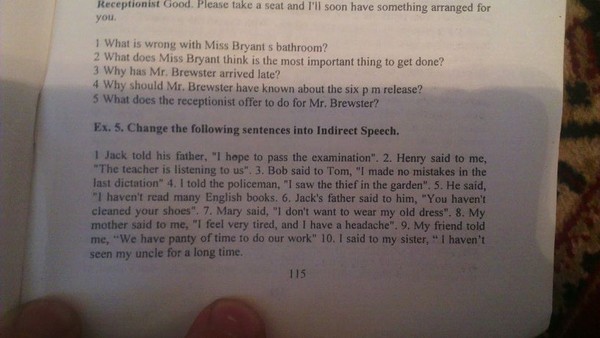How to prepare my child for pre k
Preschool Prep: Helping Toddlers Prepare for Preschool
Learn what you can do to make this big transition to preschool easier for your child. You’ll find a timeline for all the things that need to be done to help toddlers prepare for preschool and guidance on saying a “good good-bye” on your child’s first day.
If your child is starting preschool, you may be approaching this major milestone with conflicting emotions. You’re probably excited about all the fun (you hope) your child will have and the new friends he’ll make. At the same time, you may feel a little sad that your baby is venturing out into the big world without you. These emotions are normal. Your child is also bound to have a host of feelings about this transition, feeling proud to be a big kid but at the same time worried about being separated from you and starting something unfamiliar. Here are a few tips to help toddlers prepare for preschool.
There’s a lot you can do in the weeks before to get ready for the big day. But try to keep your efforts low-key. If you make too big a deal out of this milestone, your child may end up being more worried than excited. Here are some ideas to keep the focus on fun.
Use pretend play to help toddlers prepare for preschool.
Take turns being the parent, child, and teacher. Act out common daily routines, such as saying good-bye to mommy and/or daddy, taking off your coat, singing songs, reading stories, having Circle Time, playing outside, and taking naps. Reassure your child that preschool is a good place where she will have fun and learn. Answer her questions patiently. This helps children feel more in control which reduces their anxiety.
Read books about preschool.
There are many books about going to preschool available from the public library in your area. Choose several to share with your child over the summer before school starts. Talk about the story and how the characters are feeling. Ask how your child is feeling.
Make a game out of practicing self-help skills.
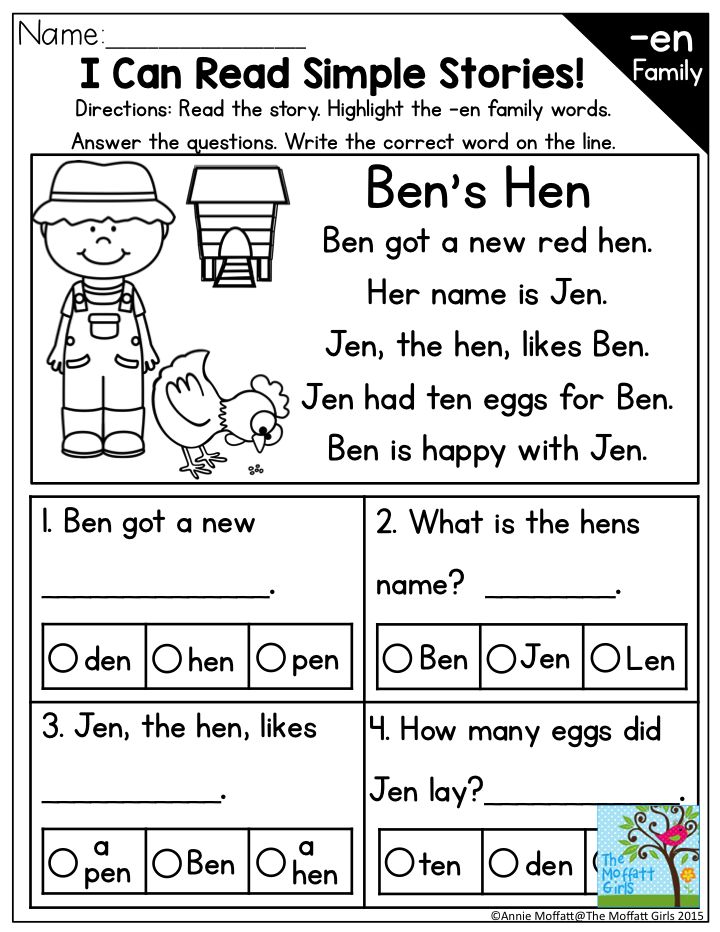
These skills include unzipping her coat, hanging her coat on a hook, putting on her backpack, fastening her shoes. For example, you might want to have a “race” with your child to see how quickly she can put on her shoes. When you play school together, you can give your child the chance to practice taking off her coat, zipping her backpack closed, and sitting “criss-cross applesauce.” If your child will be bringing lunch, pack it up one day before school starts and have a picnic together. This will give her the chance to practice unzipping her lunch box and unwrapping her sandwich—important skills for the first day!
Play at your new preschool.
Visit your child’s preschool together. Ask when you can tour the school with your child. Play on the school playground a few times before your child starts the program. These visits help toddlers prepare for preschool and increase their comfort with and confidence in this new setting.
Worries and Watching
Your child may also have some questions or concerns about starting preschool, either before or after he starts in the fall. Help him get ready with these two key strategies:
Help him get ready with these two key strategies:
Listen to your child’s worries.
Although it’s tempting to quickly reassure your child and move on, it’s important to let your child know that his worries have been heard. No matter what they are, big or small, children’s worries about preschool can significantly influence their experience there. Will you remember to pick him up in the afternoon? Will his teacher be nice?
Let your child know it’s normal to feel happy, sad, excited, scared, or worried. Explain that starting something new can feel scary and that lots of people feel that way. It can be helpful to share a time when you started something new and how you felt. When you allow your child to share her worries, you can help her think through how to deal with them. For example, if she is worried about missing you, the two of you can make a book of family photos to keep in her cubby and look at when she is lonely.
Notice nonverbal messages.
As much as 3-year-olds may talk, most are not yet able to fully explain how they are feeling or what they are worried about. Your child may “act out” his worry by clinging, becoming withdrawn, or by being more aggressive. Another common reaction as children take a big move forward is to actually move backward in other areas. For example, if your child is fully potty trained, he may start have toileting accidents. He may ask that you feed or dress him even though he can do these things by himself.
Your child may “act out” his worry by clinging, becoming withdrawn, or by being more aggressive. Another common reaction as children take a big move forward is to actually move backward in other areas. For example, if your child is fully potty trained, he may start have toileting accidents. He may ask that you feed or dress him even though he can do these things by himself.
It is natural to be frustrated by this regressed behavior, and you may be concerned that if you do these things for him, he won’t go back to doing them himself. In fact, letting him play this out often leads to children returning to their “big kid” selves sooner. Remember that your child is facing—and managing—a big change in his life. He may need more support, nurturing, and patience from you while he makes this transition.
The Preschool Countdown: What to Do and When
The last few weeks before starting preschool seem to fly by! As you begin the countdown to the first day, here are some things to keep in mind:
During the 2 Weeks Before Preschool Starts:
- Purchase a backpack together with your child.
 If possible, let your child choose it himself. This gives him a sense of control and emphasizes the fact that he is a “big kid” starting preschool.
If possible, let your child choose it himself. This gives him a sense of control and emphasizes the fact that he is a “big kid” starting preschool. - Label all items—backpack, jacket, shoes, blanket, teddy bear, etc.—with your child’s name and teacher’s name in permanent ink.
- Contact the preschool’s health professional if your child has medication that he or she takes on a daily basis. There will be special rules and forms to fill out for your child to receive medication at school.
- Figure out how your child will get to school and how she will come home. Talk to your child about the morning and afternoon routine so that she understands that she will be safe, okay, and cared for. Make sure your child meets her before- and/or after-school caregiver, if you are using one.
- Start using your child’s “school bedtime.” Children often go to bed later as the summer months, and longer days, kick in. Help your child get into a preschool schedule by keeping to his school bedtime, beginning about 2 weeks before school starts.

The Night Before Preschool:
- Answer any last-minute questions from your child.
- Let your child choose (weather- and school-appropriate) clothes for her first day.
- Make sure that your child goes to bed on time.
- Pick a bedtime that gives your child a good night’s rest before the first day. Keep the bedtime routine soothing and relaxing. Don’t focus too much (or at all!) on the first day of school unless he wants to.
The First Day:
- Wake up early enough so that you and your child don’t have to rush to get to preschool.
- Make breakfast for your child and, if possible, sit down to eat together—or at least talk with her as she eats and you get ready.
- Review the day’s routine (what preschool will be like, how your child will get to school/come home).
- Pack your child’s backpack together. If your child is bringing lunch, select foods that you know are his favorites. Having some familiarity on his first day is helpful as he adjusts to so many changes.

- Let your child choose a special stuffed animal or blanket to bring to school with her. These “loveys” can help children make the transition from home to school, and can also make naptime easier, too. You may want to send your child with a family photo or favorite book as well. These familiar objects can help if she feels lonely during the day.
Saying a Good Good-Bye
These strategies can help toddlers prepare for preschool and ease the jitters of separating on your child’s first day.
Plan to stay a little while.
Staying for 15-30 minutes on that first morning can help ease the transition. Together, the two of you can explore the classroom, meet some other children, play with a few toys. When you see that your child is comfortable, it is time to leave. If he is having a harder time getting engaged, you may want to ask your child’s teacher to stay with your child as you say good-bye so that when you leave, he can turn to another caring adult for support.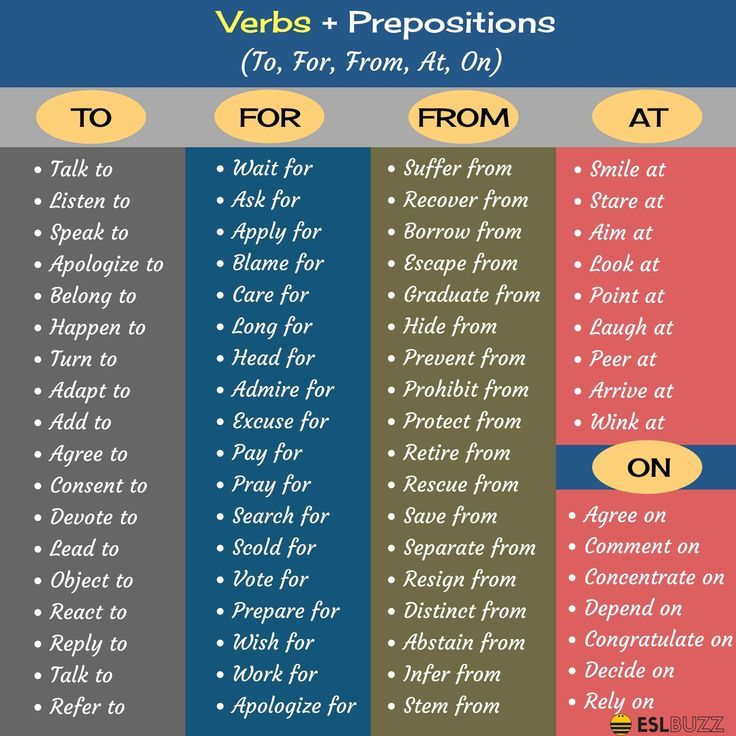
Keep your tone positive and upbeat.
Children pick up on the reactions of the trusted adults in their lives. So try not to look worried or sad, and don’t linger too long. Say a quick, upbeat good-bye and reassure your child that all will be well.
Think about creating a special good-bye routine.
For example, you can give your child a kiss on the palm to “hold” all day long. Or, the two of you can sing a special song together before you leave. Good-bye routines are comforting to children and help them understand and prepare for what will happen next.
Resist the Rescue.
Try not to run back in the classroom if you hear your child crying, as upsetting as this can be. This is a big change and your child may, quite understandably, feel sad and a little scared. But if you run back in, it sends the message that he is only okay if you are there and it is likely to prolong your child’s distress and make it harder for him to adapt. Rest assured, teachers have many years of experience with helping families make the shift to preschool. Instead, you can wait outside the classroom for a few minutes to ensure that all is well, or call the school later in the morning to check in.
Instead, you can wait outside the classroom for a few minutes to ensure that all is well, or call the school later in the morning to check in.
Bright Horizons | How to Prepare Your Child for Preschool
Starting preschool marks the beginning of a new phase in your child's development and many parents ask themselves, "Is my child ready for preschool?" Even if your child has previously attended a toddler program, in the next few months, your preschooler will make new friends, learn new skills, and gain confidence and independence. This early start sets your child on the path for later school success, but it's not always easy. You and your toddler may be feeling a mix of emotions: excitement, apprehension, and even sadness as babyhood disappears.
Preparing your child academically for preschool may be simpler than you think; chances are you’re already doing many things to prepare your child. By simply reading, playing, and exploring together, you are helping your child get ready for preschool activities.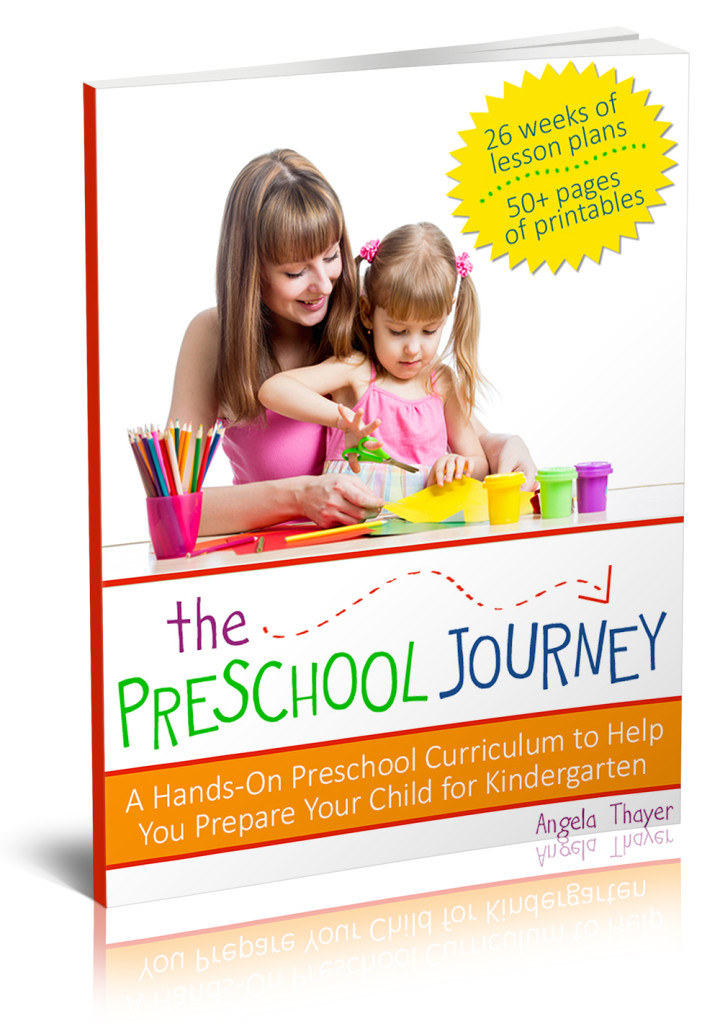 Go for nature walks, work on puzzles, play board games, or visit the library. Offer your child a mix of active, playful experiences and quieter, more focused activities. Paint, work with play dough, or string beads together to build fine motor skills.
Go for nature walks, work on puzzles, play board games, or visit the library. Offer your child a mix of active, playful experiences and quieter, more focused activities. Paint, work with play dough, or string beads together to build fine motor skills.
Emotionally preparing your child—and yourself—for preschool might take more intentional effort. Below are a few ideas to smoothly make the transition.
Preparation Tips Before Preschool Starts
- Visit the preschool. Visit your child's classroom and meet the preschool teacher a few days ahead of time. Show your child the class schedule if one is posted. Talk about what to expect during each portion of the day. Show your child where she’ll keep her backpack and personal things.
- Read books. Spend time reading books about preschool, such as "Maisy Goes to Preschool" by Lucy Cousins, "Llama Llama Misses Mama" by Anna Dewdney, "Little School" by Beth Norling, or "The Kissing Hand" by Audrey Penn.
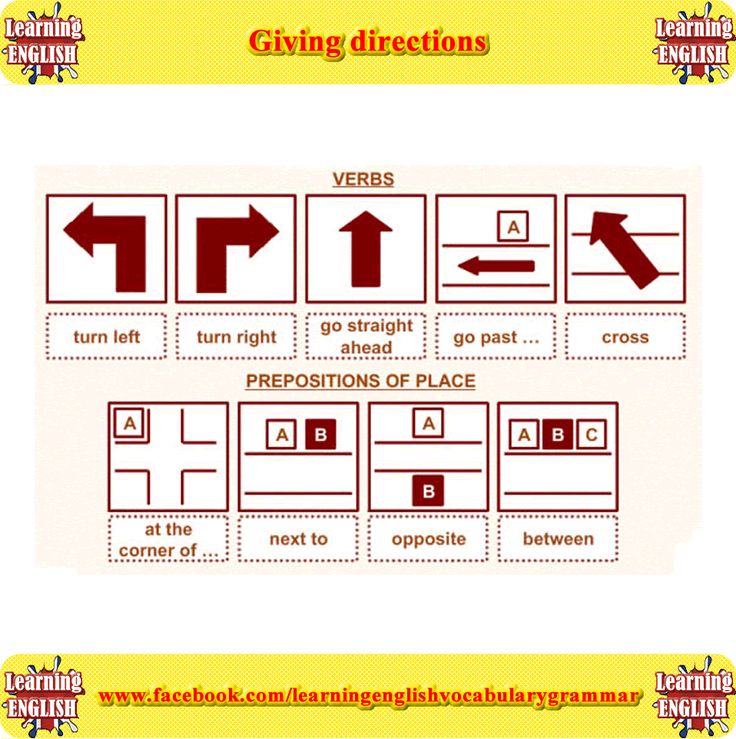
- Act it out. Use your child's penchant for pretend play to prepare him for preschool. Pretend that you're going to school, hanging up your backpack, and sitting down for group time. Play games, read stories, and make a simple snack. Teach your child a few basic social skills. Talk about how to get someone's attention, take turns, or join in play. Use puppets to roleplay.
- Work on self-help skills. Going to preschool marks a big developmental leap for your child and independence will become a larger focus. Help your toddler master self-help skills like washing hands, using the toilet, putting shoes and socks on, and using utensils at the table.
- Express and acknowledge feelings. Beginning preschool is an exciting adventure, but it's normal for both of you to have feelings of anxiety. Encourage your child to express those feelings, listen closely, and acknowledge your child's fears. At the same time, acknowledge to yourself your own feelings of ambivalence or anxiety.
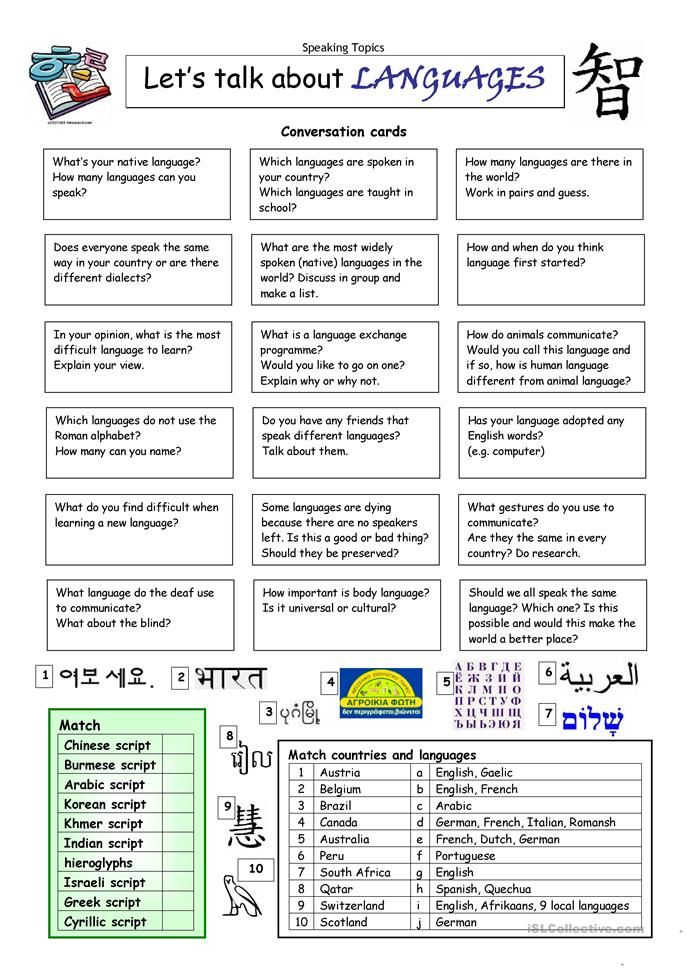 You might notice changes in your child's behavior as they works through their feelings. Children often regress in one area as they make developmental growth in another. Children sometimes regress in toilet training or become less independent, for example. With nurturing support, these behavior changes are only temporary.
You might notice changes in your child's behavior as they works through their feelings. Children often regress in one area as they make developmental growth in another. Children sometimes regress in toilet training or become less independent, for example. With nurturing support, these behavior changes are only temporary. - Shift your schedule. Before the first day of school, gradually make any necessary changes in your routines, such as an earlier dinner or bedtime. Limit media. Offer a healthy breakfast and spend time outdoors. Developing consistent, predictable routines a few weeks before school starts will make the transition much smoother.
Preparation Tips for the First Few Days of Preschool
- Get organized. As the first day of preschool approaches, make sure you have clothing, shoes, and backpacks organized and labeled. Turn in all forms to the school. Stock up on healthy snack and lunch foods.
- Stay with your child for 15 to 20 minutes on the first day of preschool.
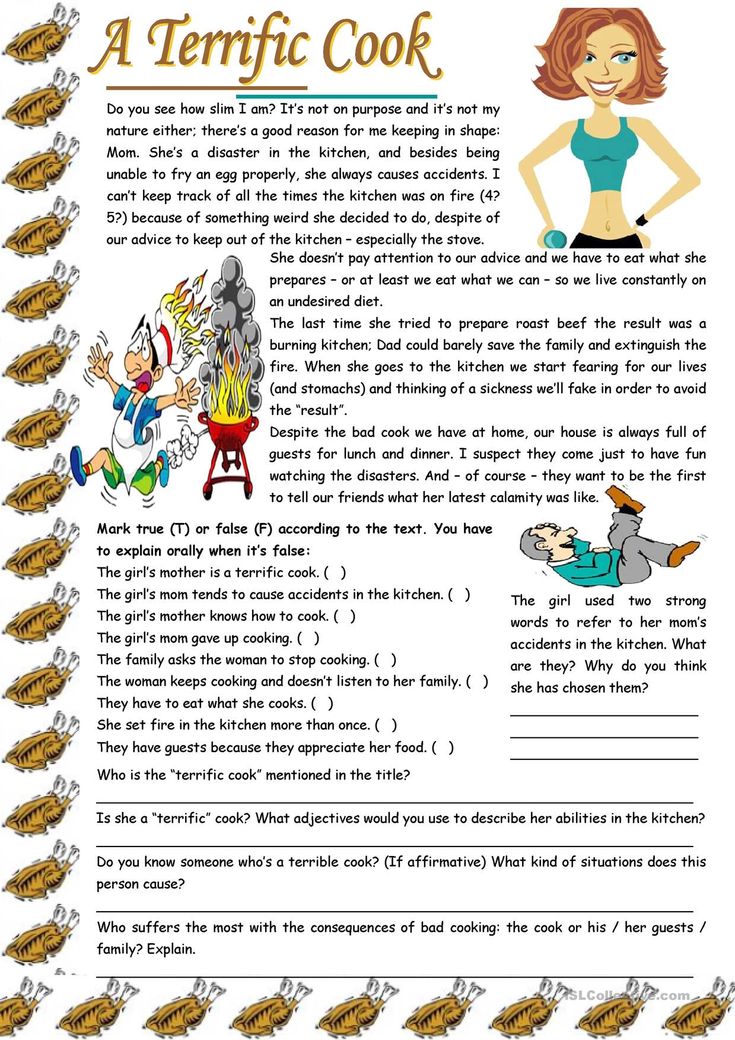 Point out the classroom activities and help your child get involved. Help your child meet a few other children. When it's time to go, offer a hug and a positive, matter-of-fact attitude. "I know that you're going to have a good time today. I'll be back to get you soon."
Point out the classroom activities and help your child get involved. Help your child meet a few other children. When it's time to go, offer a hug and a positive, matter-of-fact attitude. "I know that you're going to have a good time today. I'll be back to get you soon." - Stay involved. Separating from parents is a major milestone. Even if your child has been attending an early childhood program or toddler program, a new classroom and teachers may bring anxiety once again. Children develop independence at different rates with some children being able to separate easily from parents while others need extra support. It’s important to find the right balance for a child to develop independence. Talk with the teacher if your child is struggling with saying goodbye to you. Teachers have a lot of experience with this and can help develop a plan, which might include bringing a photo or "lovey" to school or temporarily shortening the day. Always tell your child when you're leaving, rather than sneaking out, and be prompt for pick-up at the end of the day.
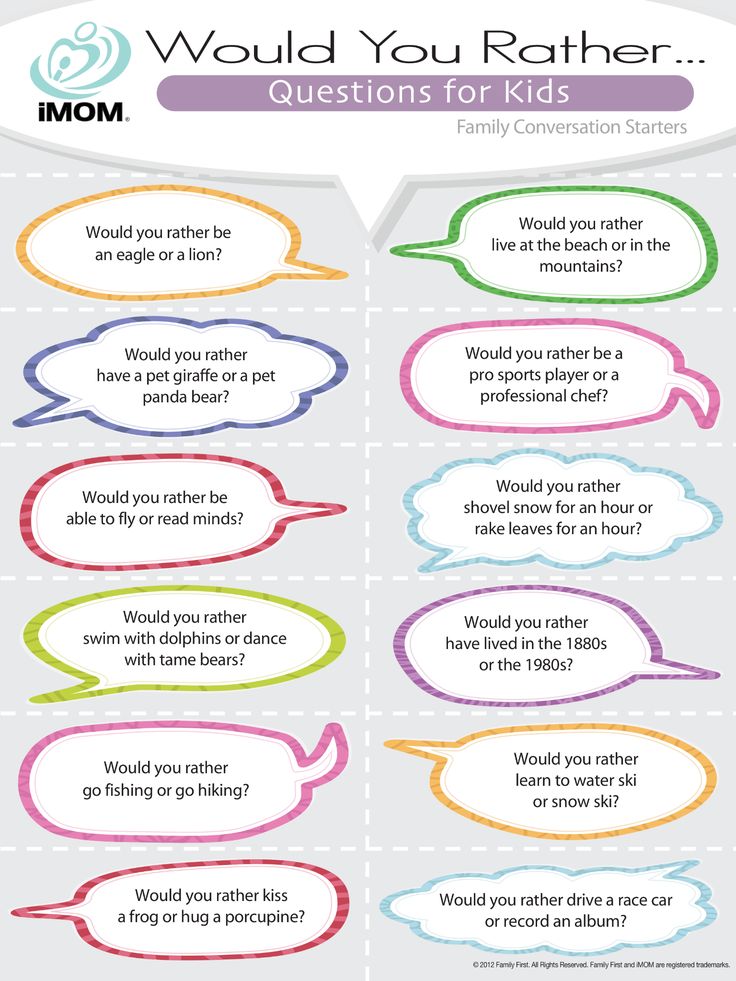
Preschool is a time of tremendous growth. With just a little preparation, you can make this transition a confidence-building experience for both you and your child.
More About Preparing for Preschool
- Use this tips for helping preschoolers with separation anxiety.
- How to survive the morning routine with a preschooler and get out the door in the morning.
- Learn how preschool builds confidence and provides skills for school success and ways to extend learning at home.
- Read this teacher appreciation letter from a mom of a preschool boy.
- More tips for preparing for preschool from a mom who's been through it.
Preschool 6-7 years old
PRESCHOOL 6-7 years old
⬤ Preparing children for school
⬤ Classes in a game and interactive format
⬤ Morning yoga, step aerobics, massage
⬤ Twice a year we perform on the stages of Moscow theaters
| Make an appointment |
| Prices and conditions |
PRESCHOOL world - the age of six adults. Our task is to form a safety margin in the child: intellectual, social, communicative and physical. This will ensure that the child goes through the period of adaptation at school painlessly, paying sufficient attention to building relationships with peers and adults.
Our task is to form a safety margin in the child: intellectual, social, communicative and physical. This will ensure that the child goes through the period of adaptation at school painlessly, paying sufficient attention to building relationships with peers and adults.
6 - 7 YEARS
PSYCHOLOGICAL READINESS
Our children are proud to go to school. They know how to make contact with new people, communicate with adults and children, can control their behavior and try to explain the reasons for their actions. We help them recognize the need and benefit of the new activities they will be doing at school. We prepare them to easily withstand the difficulties that lie ahead.
WILD READINESS FOR SCHOOL
A future first-grader should have a strong-willed readiness for school. Therefore, we teach them to be aware of their desires, choose a goal, plan their actions to achieve it, bring the work they have started to the end so that they are capable of learning activities in class conditions - to sit at a desk for a long time, listen and hear the teacher, follow instructions.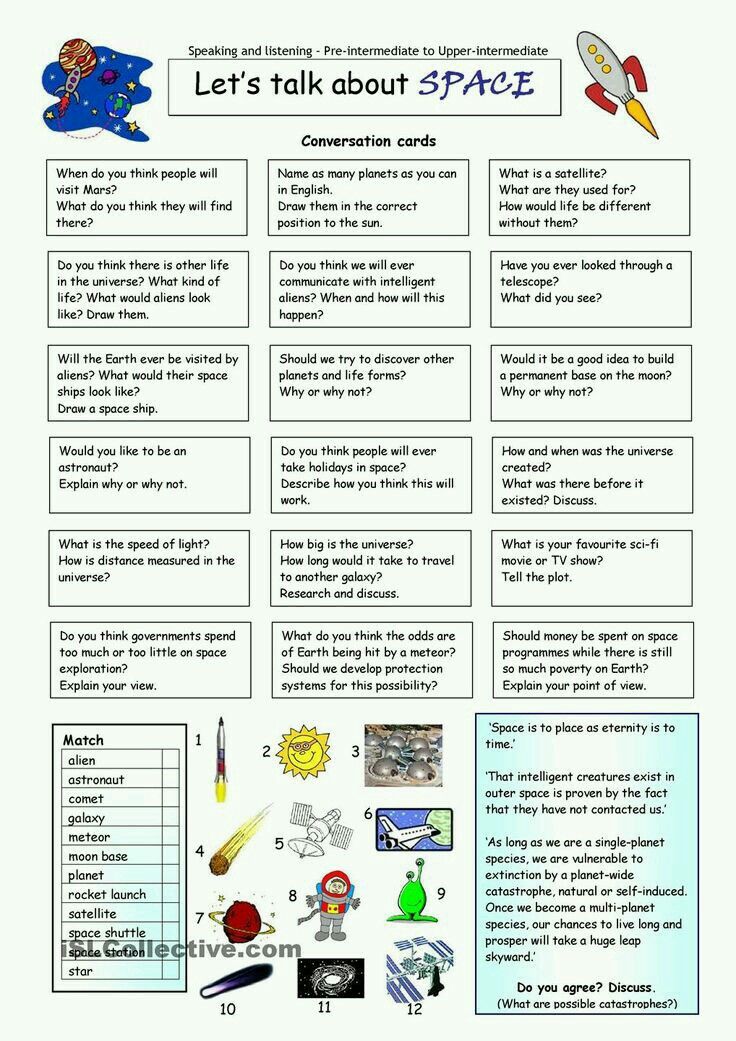
INTELLECTUAL READINESS
Good mental readiness is the basis for successful completion of the school curriculum. Without a certain stock of knowledge and skills, it will be difficult for a child to master school wisdom. A future first-grader should not only have a system of knowledge about the world around him, but also be able to apply it, establish a relationship between cause and effect.
GROWTH AND APPETITE
By the age of six, boys begin active growth. In girls, this process begins much later. Boys, on the other hand, grow up noticeably: those who had previously eaten poorly, at the age of six, begin to show a noticeable appetite throughout the day and may even ask to be fed again before bedtime. And those who have not suffered from a lack of appetite before will even have to be restrained a little.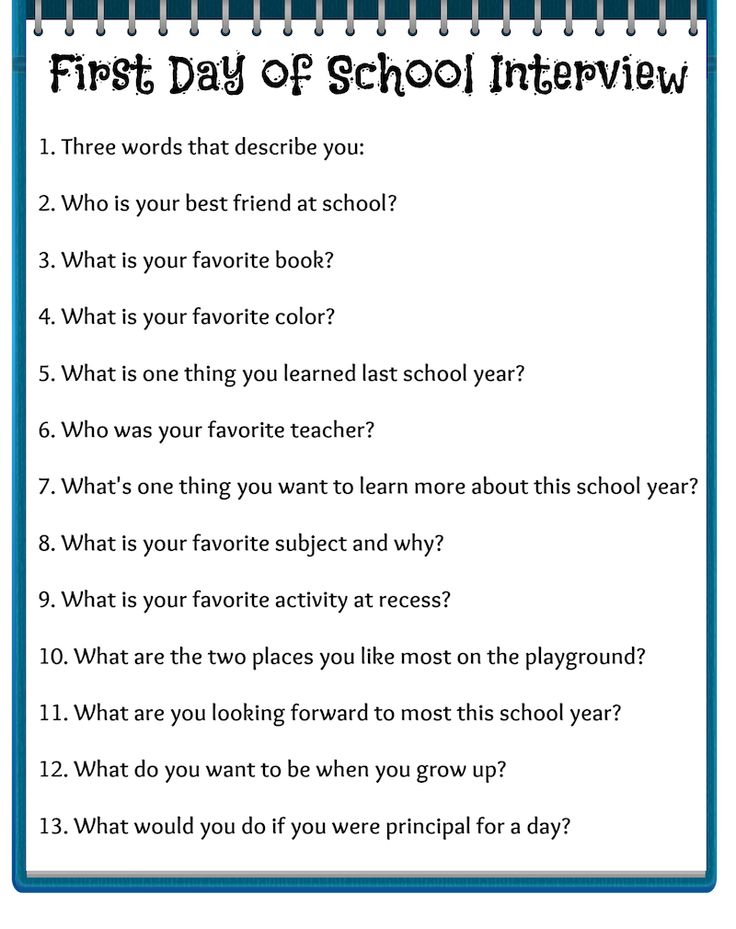
I AM NO LONGER SMALL!
By the age of 6-7 years, the level of intelligence is equalized between boys and girls. The interest of the child in obtaining new knowledge is important. Here you can already see the first prerequisites for the baby to choose a favorite activity. Someone with great interest learns to read or even already knows how. Another will focus on creativity or choose the exact sciences. Memory is actively developing, its volume increases significantly. Concentration on an interesting lesson reaches 45-50 minutes. Now you need to properly interest and present the educational material.
peers
At this age, “pure” communication appears, not included in any activity. Children can just talk, even if they are not playing with each other at that moment and are not doing any joint business. There are the beginnings of friendship - the desire to help each other, to show care, to give a gift or to yield in a dispute.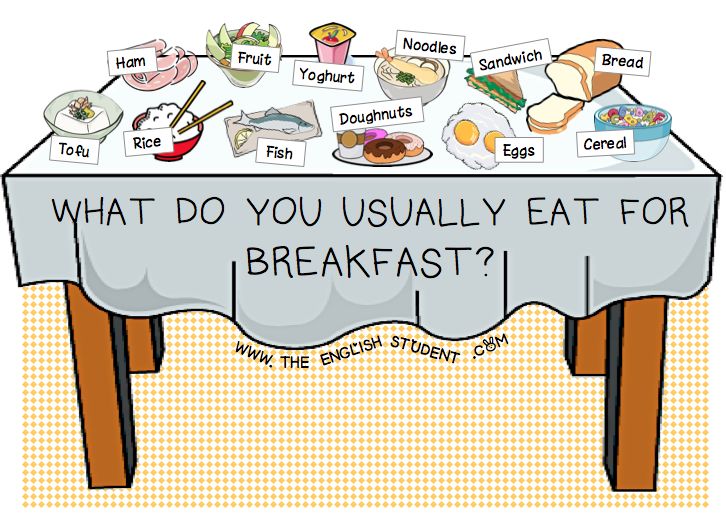 The other child is no longer just a playmate. Now a peer is a complete person, with his own interests, feelings and preferences.
The other child is no longer just a playmate. Now a peer is a complete person, with his own interests, feelings and preferences.
THE WORLD OF PEOPLE, NOT OBJECTS IS INTERESTING
The attention of a child at this age is still involuntary. He still cannot control his attention and often finds himself at the mercy of external impressions. This manifests itself in quick distractibility, the inability to focus on one thing, in the frequent change of activity. Therefore, our task is to gradually form voluntary attention, which is closely related to the development of responsibility. This involves the careful execution of any task - both interesting and not very interesting.
PHYSICAL ACTIVITY
Physical activity is essential for a six year old. The body is full of energy, and it needs an outlet. Therefore, we spend as much time as possible with them in active games, in motion. Six years is a great age to start exercising. Before that, the child did not have enough concentration, willpower for training. Now they already understand that they can follow the commands of adults. There is a conscious desire to succeed, even if it is difficult.
Six years is a great age to start exercising. Before that, the child did not have enough concentration, willpower for training. Now they already understand that they can follow the commands of adults. There is a conscious desire to succeed, even if it is difficult.
INTELLIGENCE
Increasingly, the child begins to take on the role of an adult. He often plays, reproducing reality. We see the outward manifestation of important positive changes in the child's psyche. The essence of these changes is the loss of childish spontaneity. The child acquires the ability to control his behavior - not in the game, not with the help of an adult, but on his own, of his own free will. The child's behavior becomes arbitrary, free from momentary impulses.
Features of age
What are we developing
Emotions
Body
speech
Social and psychological development
9000, education of emotional competence consists in providing a child with successful strategies for the ability deal with your own emotions.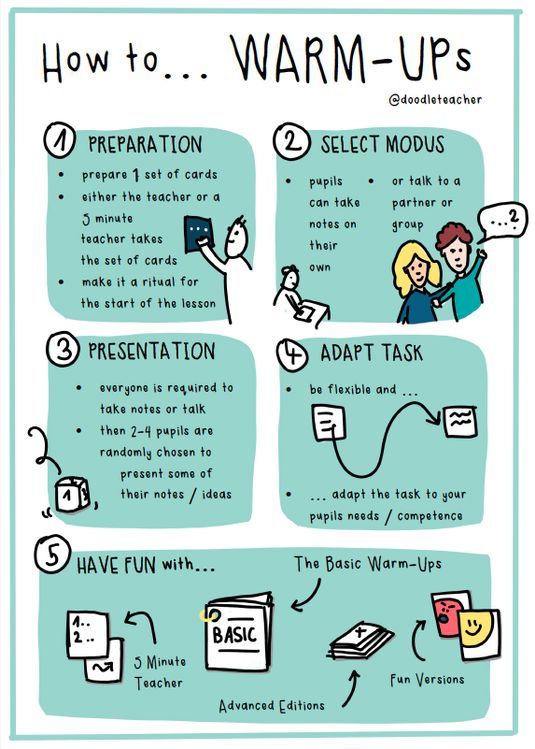 The child can use this knowledge to regulate their behavior.
The child can use this knowledge to regulate their behavior. Physiology and health
We provide the child with opportunities for sufficient physical activity: morning yoga, outdoor walks, step aerobics, outdoor games, gymnastics after sleep and physical exercises during classes. We pay special attention to the development of movement coordination. If your child knows how to perform physical exercises, the muscles of the hands are well developed, then he will be able to withstand the increase in the load on the hands when writing.
Speech therapy and speech development
We teach to use speech as a means of communication, to share various impressions with the teacher and other children. The child can conduct meaningful dialogues and long monologues. Retells the content of the read, describes what he saw. Preschoolers talk a lot, which helps them build more complex social bonds.
THINKING
SOCIALITY
CREATIVITY
Intellectual development
We teach you to think and act outside of the box.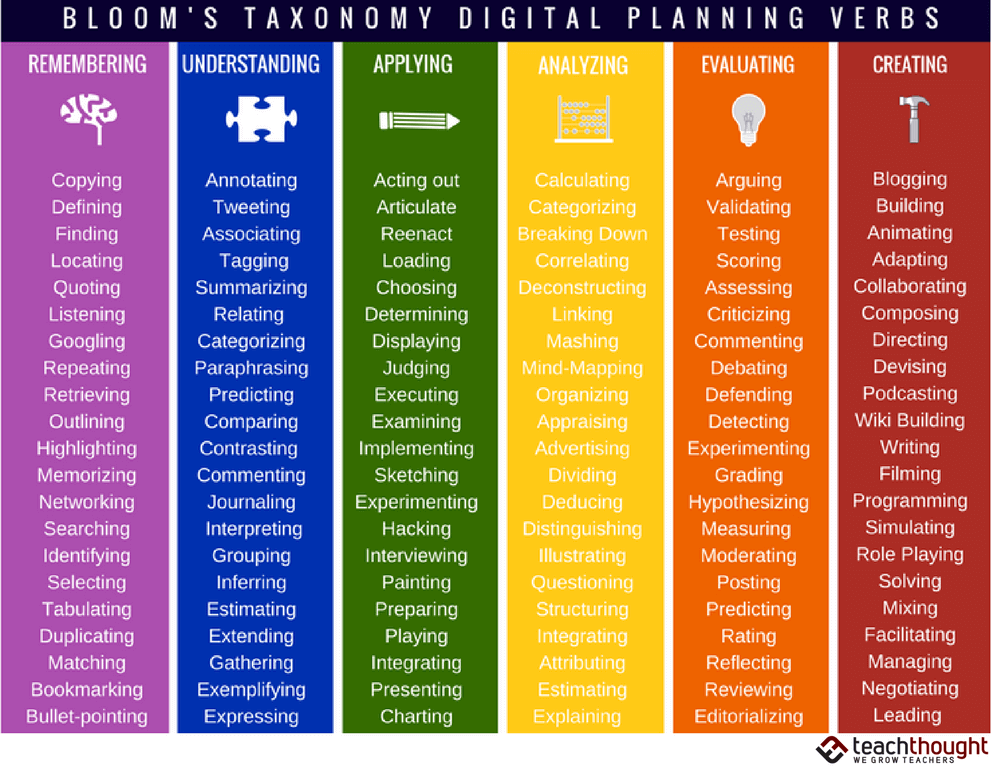 Encourage them to make their own discoveries and independently gain experience, make decisions and take responsibility for them. In Free Activity Centers children learn how to manage their time and solve tasks on their own. We teach them to think clearly and clearly, to be able to concentrate on the essence of the problem at the right time, to convince others that they are right.
Encourage them to make their own discoveries and independently gain experience, make decisions and take responsibility for them. In Free Activity Centers children learn how to manage their time and solve tasks on their own. We teach them to think clearly and clearly, to be able to concentrate on the essence of the problem at the right time, to convince others that they are right.
Social and psychological development
We teach children to compromise, work together in a spirit of partnership, actively communicate and navigate independently in difficult situations, sorting them out with the caregiver, discussing the causes and finding solutions. At this age, our children already show a respectful and friendly attitude towards adults and peers, care for the younger ones, sympathy, responsiveness, justice, modesty. They show a desire to work, participate in joint labor activities, unite for joint play and work, and help each other.
Development of abilities
We pay great attention to the creative development of children, so all the rudiments of abilities and the formation of character are formed in a child at preschool age.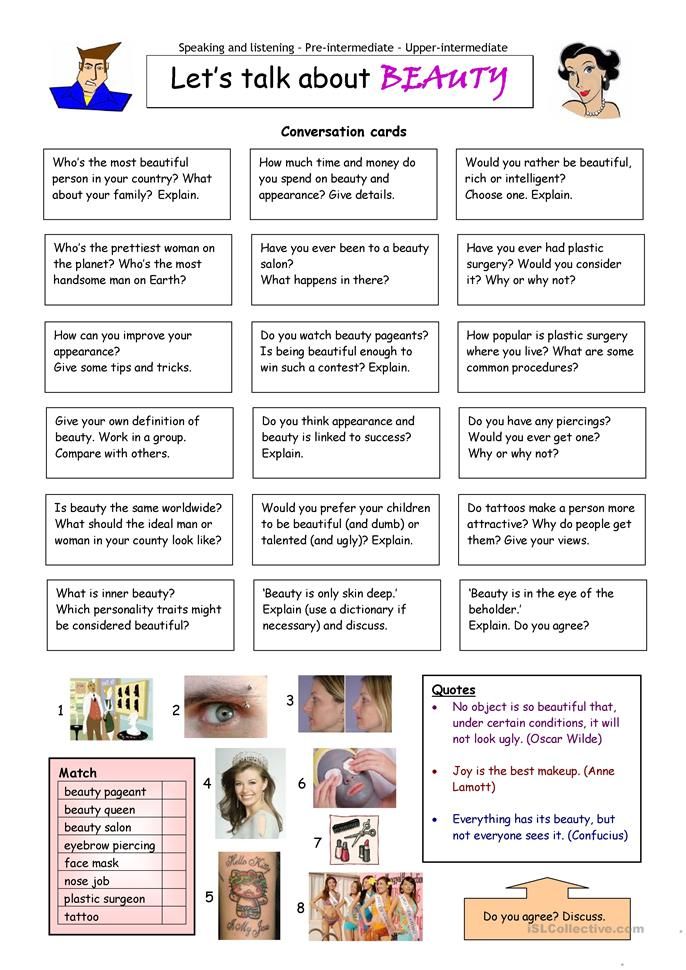 In music lessons, children sing and play instruments. At the end of the school year, the guys already know a lot of Russian and foreign composers, they know how to distinguish them. With the preparatory group, we also perform on the stages of Moscow theaters. At craft workshops, we learn to freely express our creative ideas.
In music lessons, children sing and play instruments. At the end of the school year, the guys already know a lot of Russian and foreign composers, they know how to distinguish them. With the preparatory group, we also perform on the stages of Moscow theaters. At craft workshops, we learn to freely express our creative ideas.
The mode of the day
from 8:00 to 20:00
PNVTSTPT
Monday
We meet children
Morning yoga / step-aerobika
Useful breakfast
Intellectual Games. Preparing for classes
Class
Music
Highlighting walk
Healthy sleep
Appetizing afternoon snack
Creative classes
Healthy walk
Tasty dinner
Interesting games
English
ART THERAPY
TUESDAY
Meet the kids
Morning yoga/step aerobics
Mind games. Getting ready for classes
Classes
Robotics
Wellness walk
Healthy sleep
Appetizing afternoon snack
Creative walk
5 Wellness walk0003
Tasty dinner
Interesting games
plot - role -playing game
Surviving World
Aikido
We meet children
Morning yoga / step -aerobic 9000 Useful breakfast 9000 9000 9000 intellectual intellectuals .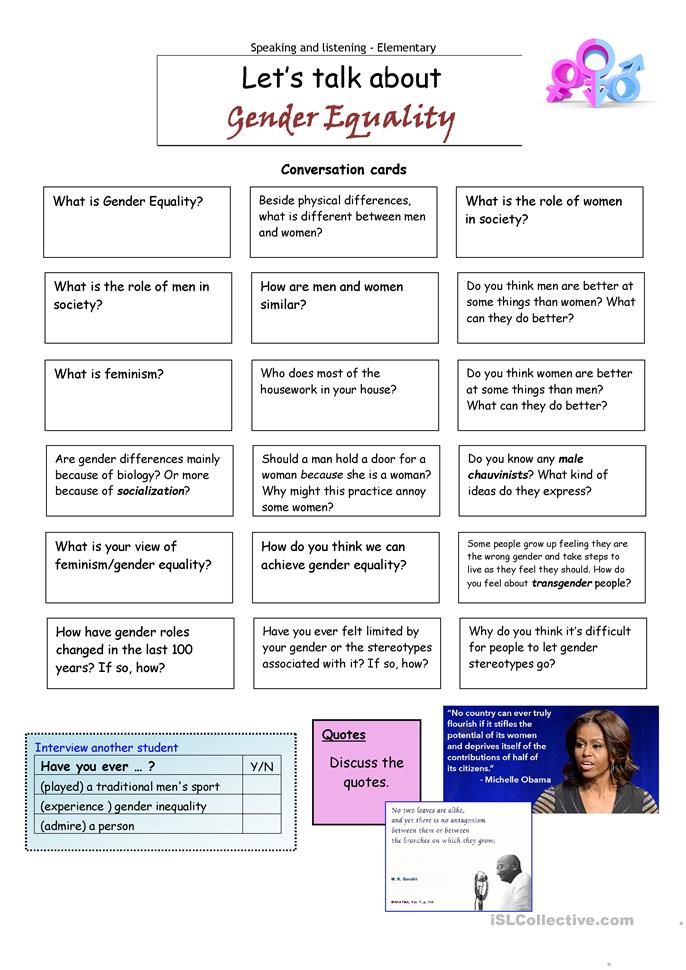 Getting ready for classes
Getting ready for classes
Classes
Robotics
Wellness walk
Healthy sleep
Appetizing afternoon snack
Creative activities
Health walk
Delicious dinner
Interesting games
Theatre. Studio
Robotics
chess
English with Fun
Thursday
We meet children
Morning yoga / step-aerobica
Useful breakfast
intellectual games. Getting Ready for Classes
Classes
English
Crafts
High -speed walk
Healthy sleep
Appetizing afternoonshop
Creative classes
Healing walk
Tasty dinner
Interesting games
plot game 9000
AIKIDO
CHOREOGRAPHY
FRIDAY
Meet the Kids
Morning Yoga / Step Aerobics
Healthy breakfast
Mind games.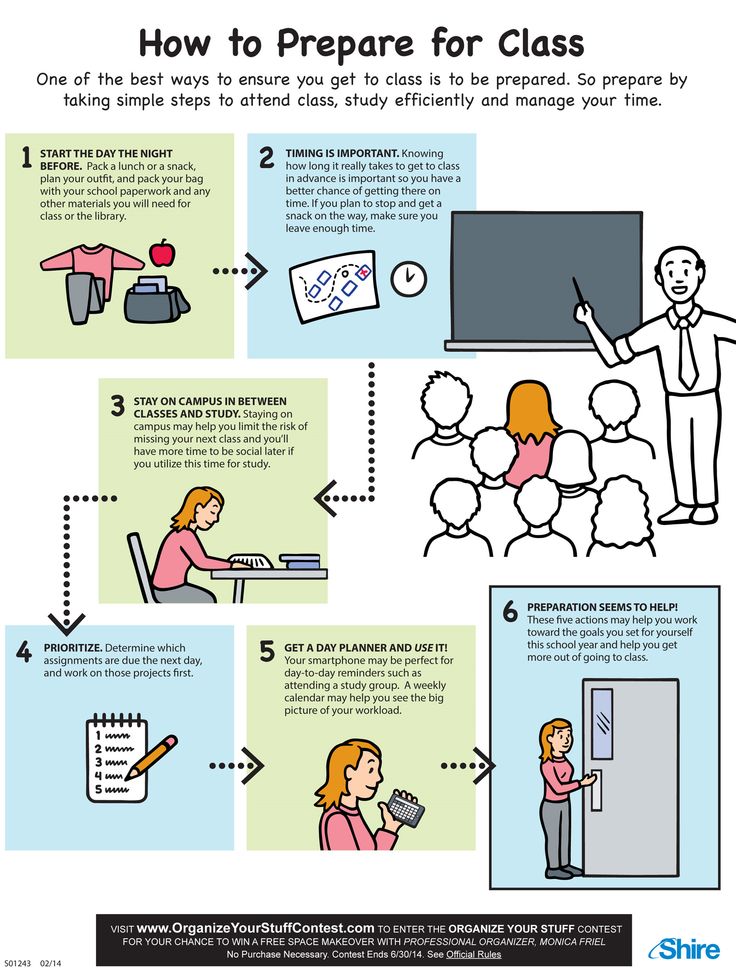 We are preparing for classes
We are preparing for classes
Class
English
Development of speech
Logic
Healthy walk
Healthy sleep
Appetite after -day 9000
CLUBS BY INTEREST
Theatre. studio
chess
Entertaining experiments
Lessons with teachers
in the group 6-7 years old
The basis of the program
- What is the name of the child (name, surname)
- how old he is
- when child
- What is the name of the parents
- Where does he live (street, house, apartment, city)
- What country does he live in (capital)
- Knowledge of animals (wild, domestic)
- Knowledge of plants that grow in our lane
- Answer questions and ask them
- Build stories according to the picture (pictures)
- Compose fairy tales
- Make sentences
- Find words with a certain sound, determine the first and last sound in a word
- Divide words into syllables
- literary works
- memorize poetry (prose)
- know numbers (from 0 to 10)
- call numbers forward and backward
- Correlate the number and the number of objects
- Compose elementary tasks for addition and subtraction and solve them
- Know the days of the week (sequence)
- Know the months (sequence)
- Orient yourself on a sheet of paper in a cage
- Correctly hold a pencil, pen, a brush
- Be able to draw a straight line
- Be able to write a block letter according to the pattern
- Cut out of paper and carefully glue
- Draw both individual images and story pictures
- Sculpt individual images, as well as whole compositions
- Make a variety of applications from paper of different textures
From an early age, children easily perceive new information: words and features of oral speech, so learning a foreign language is easy for them.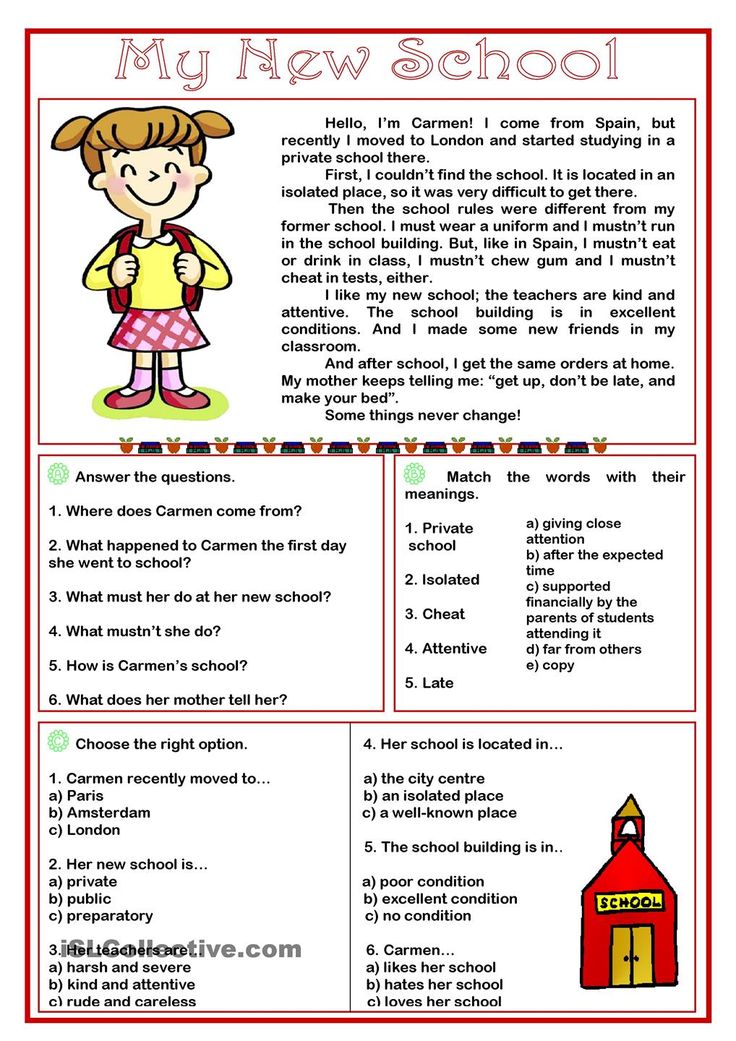 Interest in language learning must be maintained and developed. Efficiency of assimilation is achieved by creating a language environment, which is given great attention in our kindergarten. Classes are built using techniques that include game situations of different types. So the child develops listening and speaking skills, and most importantly, learns to apply in everyday activities. Namely: situational games and problem situations, watching video and music games, traditional games (e.g. Hide-and-Seek, Duck, Duck - Goose etc.) and creative tasks.
Interest in language learning must be maintained and developed. Efficiency of assimilation is achieved by creating a language environment, which is given great attention in our kindergarten. Classes are built using techniques that include game situations of different types. So the child develops listening and speaking skills, and most importantly, learns to apply in everyday activities. Namely: situational games and problem situations, watching video and music games, traditional games (e.g. Hide-and-Seek, Duck, Duck - Goose etc.) and creative tasks.
HOW LESSONS ARE STRUCTURED - 5 PRINCIPLES
1. EASY AND SERIOUS
Relaxed atmosphere and direct communication with a teacher and a native speaker. Children gradually get used to the sound of modern English speech, and over time they understand and build their own statements depending on the situation.
2. AUTHENTICITY
We use educational materials created by native speakers - games, books, manuals and videos.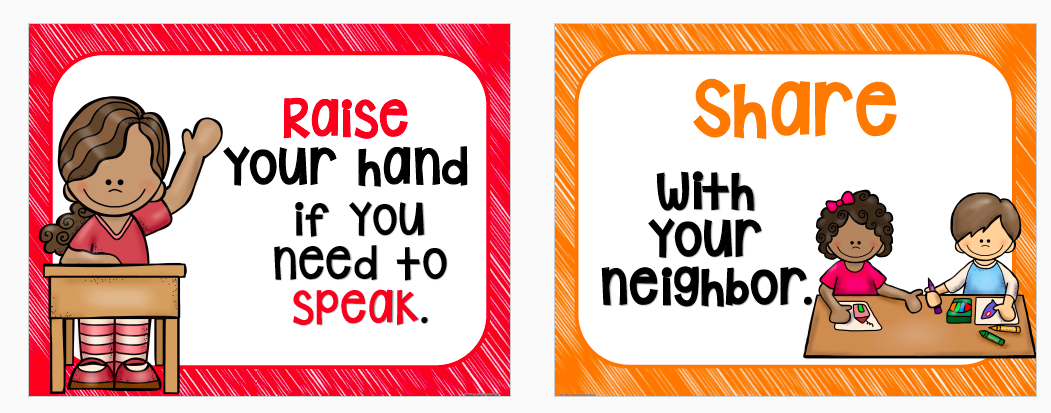
3. INDIVIDUALITY
For each age group and level of knowledge, the material of classes is selected, taking into account the age characteristics of children and the principle of changing activities. Outdoor games are replaced by calm communication, which flows into learning funny songs, watching cartoons, etc. This constantly fuels the interest in learning.
4. OPTIMALITY
Classes are held in small groups - up to 6 people. This gives the teacher the opportunity to assess the individual characteristics of each child, find the right approach to him and allow him to maximize his potential.
5. REINFORCEMENT
To consolidate what has been learned, parents are provided with a thematic selection of materials for home listening.
PROGRAM BASIS
Listening to music
Here we study composers with children. In the senior group, the guys already know 6-7 Russian composers and several foreign ones. We compare their work, find out, listen to their musical heritage, play "musical guessing game".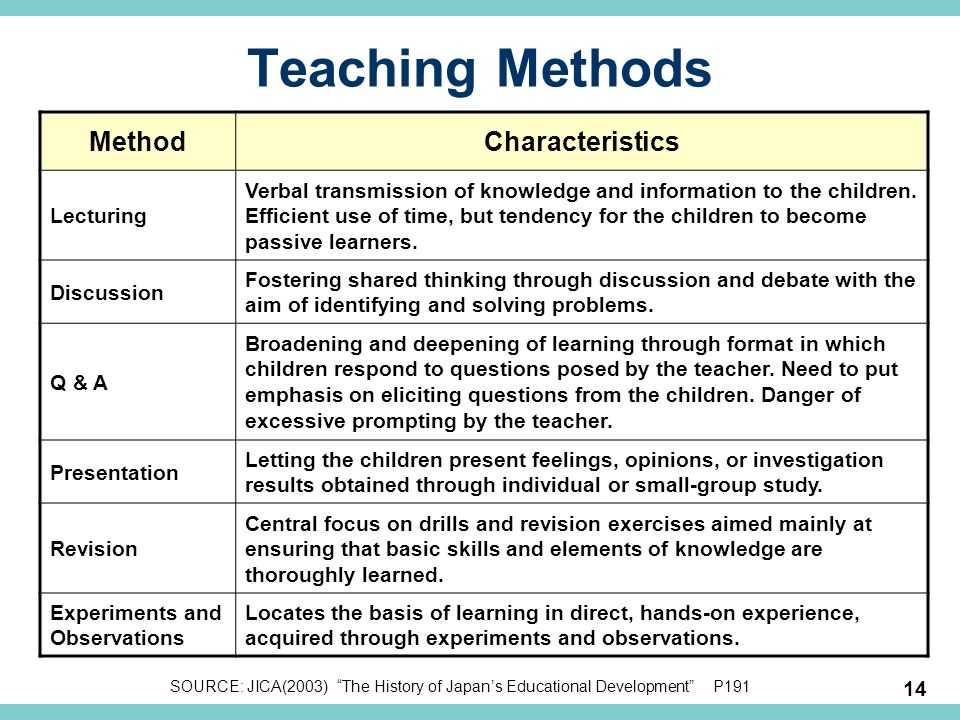 In these classes, the level is very close to the musical literature in a music school, which greatly increases the children's IQ.
In these classes, the level is very close to the musical literature in a music school, which greatly increases the children's IQ.
Playing instruments
Playing instruments helps children learn coordination, the ability to hear each other, and memorize musical sentences. This is a very subtle method of developing an ear for music.
Singing
The main type of musical activity, because it develops speech, easy, and of course vocal abilities. In addition, it contributes to the development of memory and musical ear.
Dancing
These are rhythmic movements to music. Dancing is included in the mandatory program, as it greatly affects the formation of the spine, which is why we so often walk on our heels with our children, pulling our toes. They also help to learn orientation in space - navigate in the hall, stand in the left corner, front right corner, understand what a diagonal, line, straight line, etc. are. It's very close to mathematics. When children dance dance moves, the brain learns to work ahead of the curve. The guys think what's next, what is the next movement and in parallel listen to the musical proposal.
The guys think what's next, what is the next movement and in parallel listen to the musical proposal.
Theater
- During the year, children are waiting for 3 matinees and graduation, at the end of the year they will show a musical fairy tale
- In the senior group, we begin to perform on the stages of Moscow theaters
Another dance program for children
6 not only teaching classical and modern styles, but also offering a solution to many problems, such as stiffness and shyness. Dancing gives the child the opportunity to open up, feel his body, use plasticity to express his emotions and feelings.Teacher - Adelina Leonova.
ABOUT THE TEACHER
Teacher - choreographer at the Russian Art School of Maria Volodina "GRAND BALLET". Worked with Martin Harriague (France) in the play «PITCH», with Christine Assid (France) in the play «Bach. momentum. In 2018, she was nominated for the Golden Mask Award (PITCH by Martin Harriague) as a member of the Dance Theater Ballet Company. In February 2019, she toured France as part of the dance troupe "TanzTeatre" with the play "Vision of the Rose. Et cetera" staged by Christine Hassid as part of the festival "Joint dance seasons" Malandain ballet Biarritz 2018-2019".
In February 2019, she toured France as part of the dance troupe "TanzTeatre" with the play "Vision of the Rose. Et cetera" staged by Christine Hassid as part of the festival "Joint dance seasons" Malandain ballet Biarritz 2018-2019".
“Dance is important for the development of a child, especially a girl. It allows you to feel the inner strength and express it in beautiful dance steps. Develops physical data: eversion, posture, stretching. Dance will help little ballerinas to transform a huge amount of energy in the right direction.”
We cooperate with school of Nikolai Tsiskaridze and Maria Volodina .
In these classes we write solfeggio notes, get acquainted with the keyboard - black, white keys. Already in the senior group we read notes from a sheet, that is, children do not lower their eyes at all to the keys. Develops the ability to use fingers by touch. We play by ear. At the end of the year we have a "Music Lounge" where children play one or two pieces.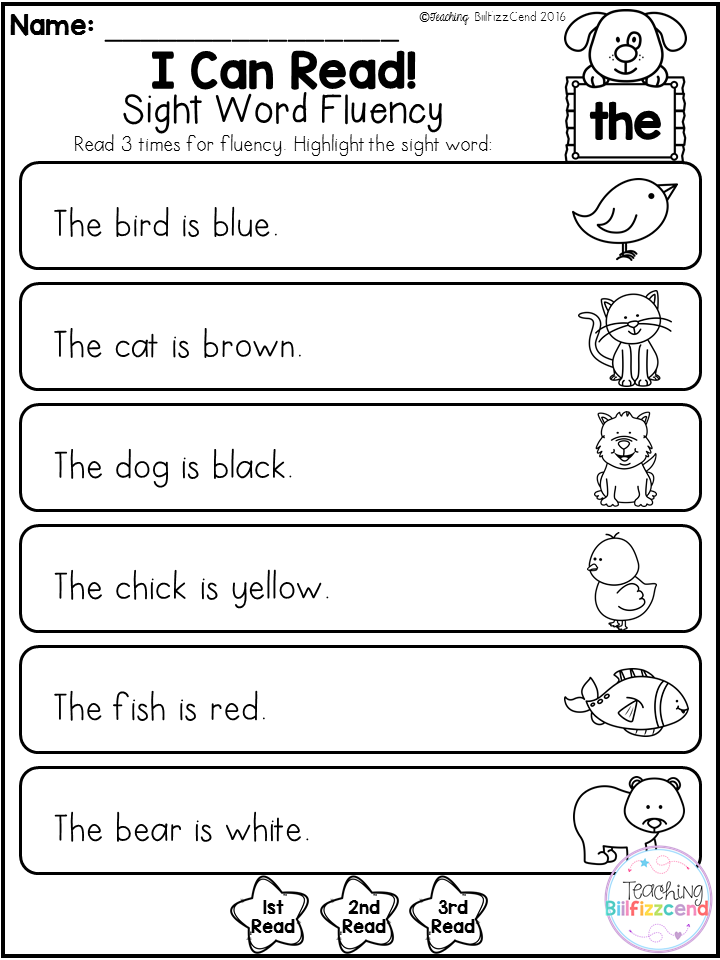
Classes are taught by Inna Milovidova, Honored Pedagogue of Russia.
Classes are held in the afternoon in mini-groups of 2 people. Here, children create without restrictions, using different techniques: painting, modeling, paper rolling, drawing with wool, felting, batik.
Classes are taught by Lyudmila Valerievna Sorokina, member of the Union of Professional Artists, member of the Korean Cultural Association of Paper Art in Seoul, participant in international competitions (Berlin, Prague, Budapest).
Chess is an efficient, effective tool for the mental development of children. The process of learning the basics of a chess game contributes to the development of the ability to focus on the plane, the development of analytical and synthetic activities, thinking, judgments, conclusions, teaches the child to remember, compare, generalize, and anticipate the results of his activities. It promotes the formation of such valuable qualities as perseverance, attentiveness, independence, patience, flexibility, composure, ingenuity, etc.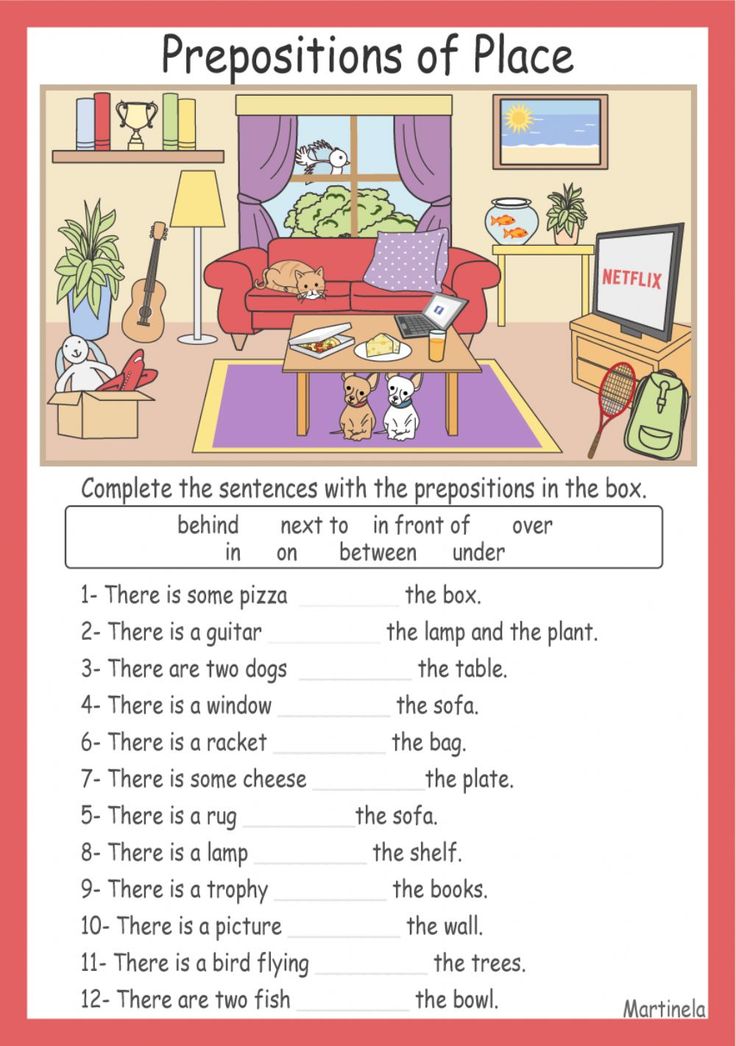
Teacher - Maria Teminova.
ABOUT THE TEACHER
Higher education, teacher-psychologist. She has experience in preschool institutions, sports clubs, and an Olympic reserve school. Specializes in early preschool age (from 3 years old). Not many coaches can lure a preschooler into the fairyland of chess, but for him this is just a fairy tale. Often, due to the "dry" presentation of the material, a child of 3-5 years old loses interest in chess. In her classes, she uses fairy tales and games appropriate for the age of the child. Children are always delighted with her "live" chess. Finds an approach to any, even the most difficult student, revealing his talents.
In these classes, much attention is paid to the physical and moral education of the best qualities of a person, such as discipline and responsibility for one's actions, nobility in behavior, politeness, attention to a partner and mutual assistance in difficult situations. Physical training is in the first place - the ability to be strong, resilient and dexterous, strive for a goal and not stop there.
Physical training is in the first place - the ability to be strong, resilient and dexterous, strive for a goal and not stop there.
In the lower grades, children do a lot of ukemi (belay in Aikido), learn to fall beautifully and safely during the execution of techniques, get up and continue the techniques with a smile and a good mood. They also practice paired execution of techniques, which, despite their complexity and a certain risk of injury, we perform with good clarity and control, which is inherent in the spirit of Aikido!
In addition to aikido, older guys practice striking and wrestling techniques, both in the standing position and in the stalls (lying down). They also master the applied aspects of aikido so that teenagers can protect themselves and their loved ones in conflict situations. They talk about the history, culture and traditions of Ancient and Modern Japan.
ABOUT THE TEACHER
Instructor Dmitry Prudnikov
BASIC EDUCATION
2005-20191 Russian State University of Physical Education, Sports, Youth and Tourism0003
Additional education
2006 - Member of the International Federation of Aikido Aikido World Headquarters Aikkai Foundation, Yudansha
Experience
2005-2017 - ChOU "Private School" Golden School ", Dop. present ICA "Senkai", aikido instructor
present ICA "Senkai", aikido instructor
2017- present OOCHU "Private school "Maxima", teacher of additional education aikido trainer
AWARDS, ACHIEVEMENTS
3 dan aikido aikikai (black belt)
Born and raised in Moscow. He has been involved in sports and martial arts since the age of 9. As a child, he was engaged in swimming and sambo. I have little experience in wushu. In his student years he was engaged in boxing and bullet shooting. He has 2 junior ranks in boxing and the first rank in shooting. At the age of 20, he became seriously interested in Aikido. He began to study under the guidance of Prokhoren Vadim Valerievich (5th dan) at the Moscow Aikido Club "Senkai". He has been an instructor of the Russian Aikido Federation since 2004. At the moment he has a degree of 3 dan aikido aikikai (black belt).
During his time as an instructor, he prepared many students for the kyu degree and 6 of his students are holders of the 1st dan (black belt) degree in aikido aikikai.
WHAT PARENTS ASK
We have a caregiver on duty who thinks out programs for sleepless children. A trip to the “duty” group is always discussed first of all with the parents.
The only punishment is a sanction. And the sanction in our kindergarten is to give the child the opportunity to think about the current situation and draw a conclusion on their own. But of course, any child can always turn to an adult.
No. In "Rainbow" there is a full-fledged, comprehensive two-year preparation for school.
DO YOU HAVE A QUESTION?
Write to us or call us, we will definitely answer and tell you everything in detail.
Your name
Your question
“Games to prepare children 5-7 years old for school”
How to prepare a child for school so that interest in learning does not disappear?
Very often, preparing preschoolers for school comes down to drawing hooks, typing letters, memorizing numbers and letters.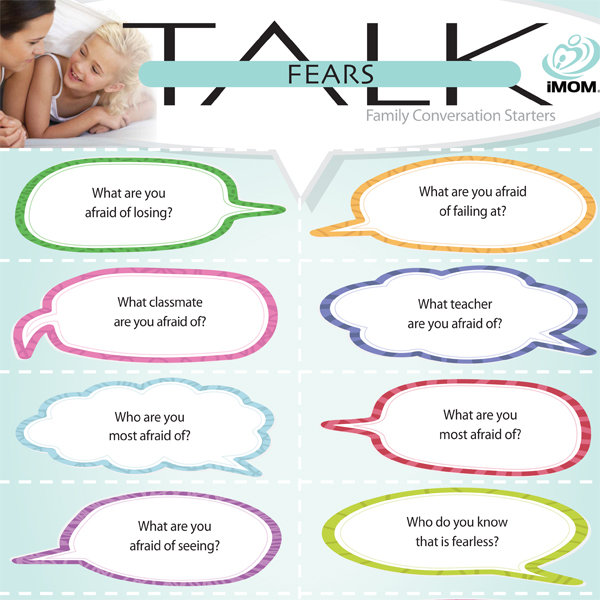 Unfortunately, with such training, the cognitive activity of the child decreases, and they go to school because they have to, without desire and joy.
Unfortunately, with such training, the cognitive activity of the child decreases, and they go to school because they have to, without desire and joy.
Psychologists believe that a more successful development of personal abilities occurs when it is accompanied by positive emotions.
What should be done so that the child grows up as a full-fledged personality and strives to gain knowledge?
The answer is very simple: play. Observation of the child's play activity is important for the cognitive development of the child and his preparation for school. Trying not to interfere with the child, without suppressing his initiative, you should observe him in order to tactfully help him realize and enrich his activities, organize classes, direct them in the right direction of mental development. Teach your child to play - at first, just operate with objects, imitating real actions, their logic and sequence. The next step can be taken when the child already knows how to act independently, to play out entire plots, the main purpose of which is to reflect the child’s vision of relations between other people: family, business, etc. At this stage of the child’s play development, actions can already become purely symbolic, and real objects - to be replaced by others, with which you can depict the desired action. Having passed all this playful way, the child will gain a lot, having significantly advanced in his development, he will receive the necessary knowledge about the objects around him, phenomena, human relations, which will contribute to the development of thinking and imagination.
At this stage of the child’s play development, actions can already become purely symbolic, and real objects - to be replaced by others, with which you can depict the desired action. Having passed all this playful way, the child will gain a lot, having significantly advanced in his development, he will receive the necessary knowledge about the objects around him, phenomena, human relations, which will contribute to the development of thinking and imagination.
In order for a child to master the school curriculum more successfully, it is necessary to develop perception, memory, attention, thinking, imagination, and speech - everything that makes up the concept of "intelligence".
I bring to your attention several games that you can play with your child, use during family holidays, during joint holidays, etc.
Game "I see what you don't see". Very simple and interesting game aimed at developing attention, observation, reaction. You can play it alone or with a large group of children.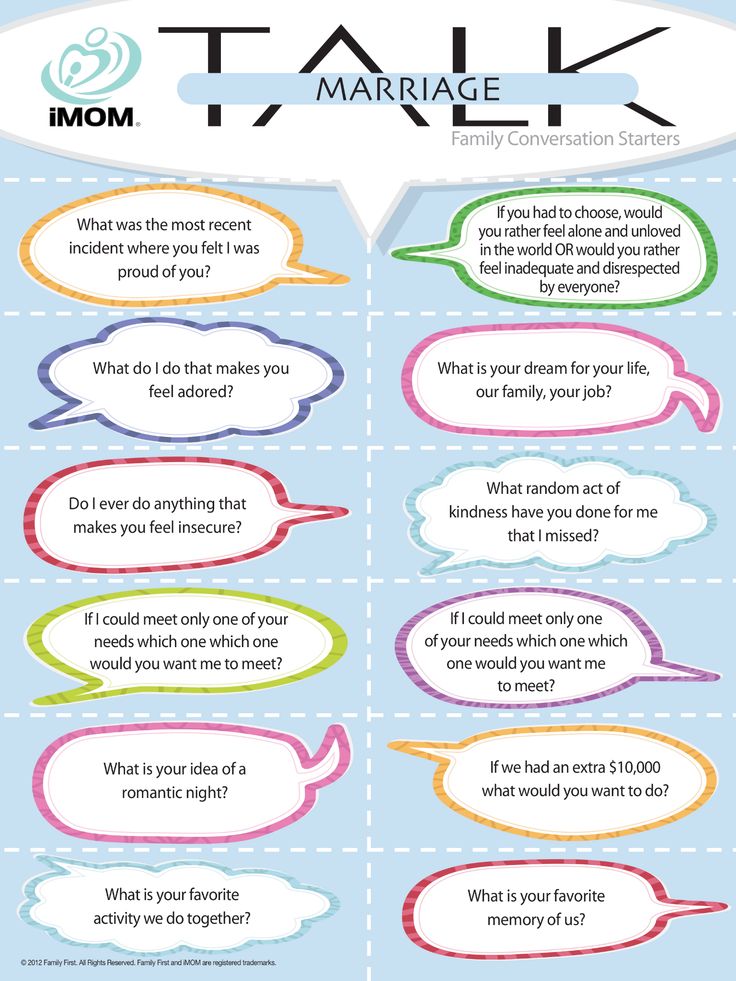 The host (it is better if at first it is an adult) says: “I see something that you do not see, and it ... (round, green, red, metal, wood, etc.)”. other participants in the game must guess the item that the presenter has guessed. This object must be in the field of view of all participants.
The host (it is better if at first it is an adult) says: “I see something that you do not see, and it ... (round, green, red, metal, wood, etc.)”. other participants in the game must guess the item that the presenter has guessed. This object must be in the field of view of all participants.
Game "Dacha fees" develops memory, attention and speech. The host offers to pack a suitcase to go to the country, and says: “I put a panama hat in my suitcase so that my head doesn’t get hot.” The next player repeats the words of the leader and names the item that he himself will take with him to the country. The third participant repeats what the previous players said, adds his own, etc. by analogy, you can organize "Gathering at sea", "Collection to the North Pole". It all depends on the imagination of the players.
The game "Magic sounds" promotes the development of auditory attention and teaching sound-letter analysis. An adult agrees with the children that they will consider some two sounds, for example, “a” and “d”, to be magical.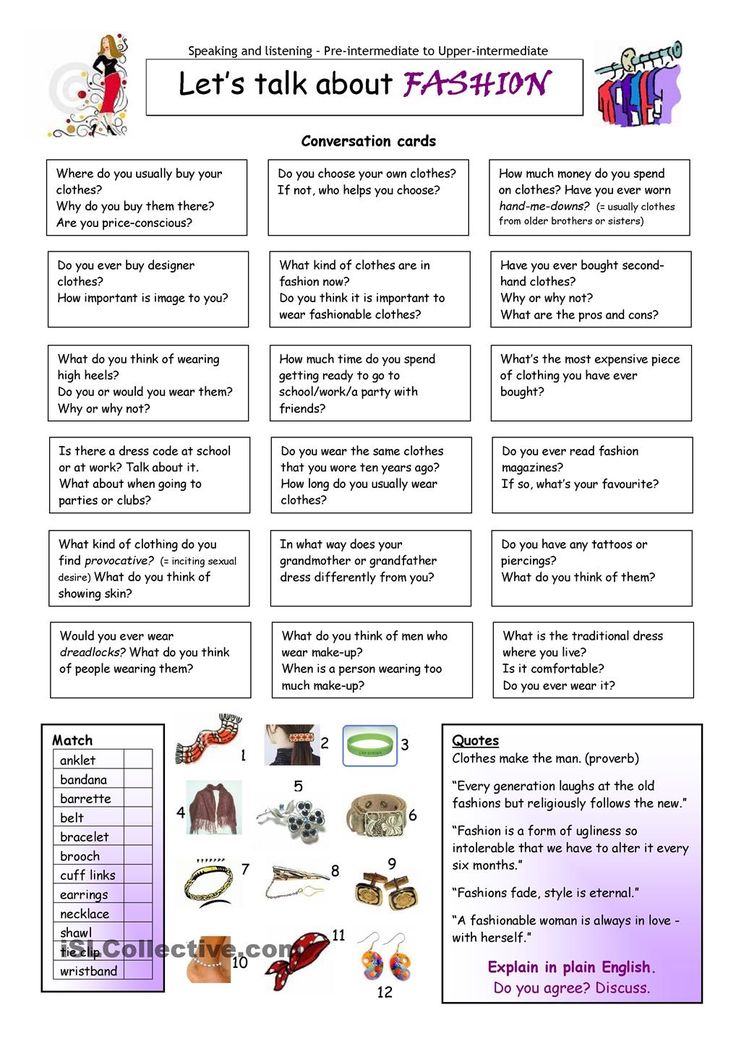 If the children hear the sound "a", they should hold their ear. If they hear the sound "d" - by the nose. After that, the adult tells a story in which these sounds occur, or simply says a series of words, and the children listen and perform the necessary actions. Whoever makes a mistake is out of the game. You can sing a famous song with the children, following the rules of the game.
If the children hear the sound "a", they should hold their ear. If they hear the sound "d" - by the nose. After that, the adult tells a story in which these sounds occur, or simply says a series of words, and the children listen and perform the necessary actions. Whoever makes a mistake is out of the game. You can sing a famous song with the children, following the rules of the game.
Children love to play hide-and-seek, but it is often impossible to play indoors because there are not enough places to hide.
Hide and Seek Contour Game will help remedy this situation. It is aimed at developing attention, observation, communication skills, the ability to compare the volume of an object and its outline. You can play alone, or you can split into two teams. Members of one team enter the game room, collect various items and trace them around the contour with a felt-tip pen or marker. Items are placed in their places. Then the second team enters the room, which must find objects that match the contours.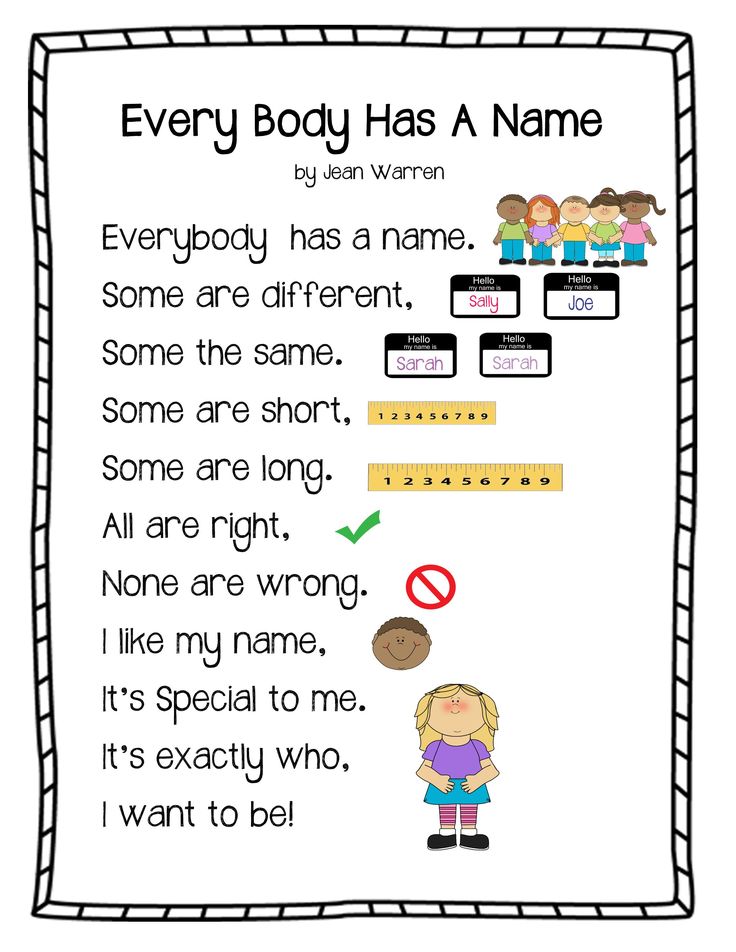 Then the teams change places. The winner is the one who found all the items and spent less time on it.
Then the teams change places. The winner is the one who found all the items and spent less time on it.
The game "Zoo" develops speech, the ability to read simple words, allows you to expand your understanding of the animal world and will contribute to the formation of the ability to compose simple stories. To play, you will need cards with the name of the animal and “food”, animal toys. An adult chooses a card with the name of an animal and a description of the food that this animal eats. Takes the appropriate toy and puts the cards next to it. Then he tells the children: “Let's play at the zoo. Now you see a fox. The fox is a wild animal. She lives in the forest and lives in a hole. The fox is a carnivore, so I gave her meat. Fox red, fluffy. There are many tales about the fox. In fairy tales, she is cunning. After that, each child draws a card with the name of the animal, selects a suitable toy and food, and talks about his animal. If the child finds it difficult, an adult helps him with leading questions.







